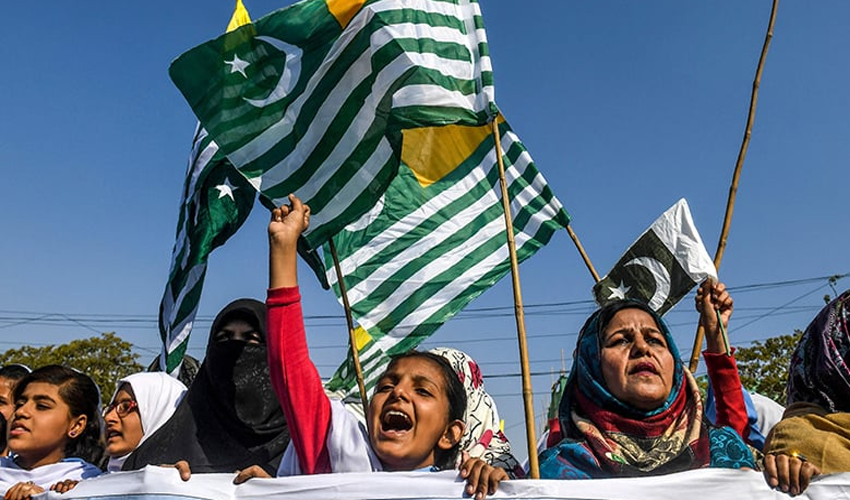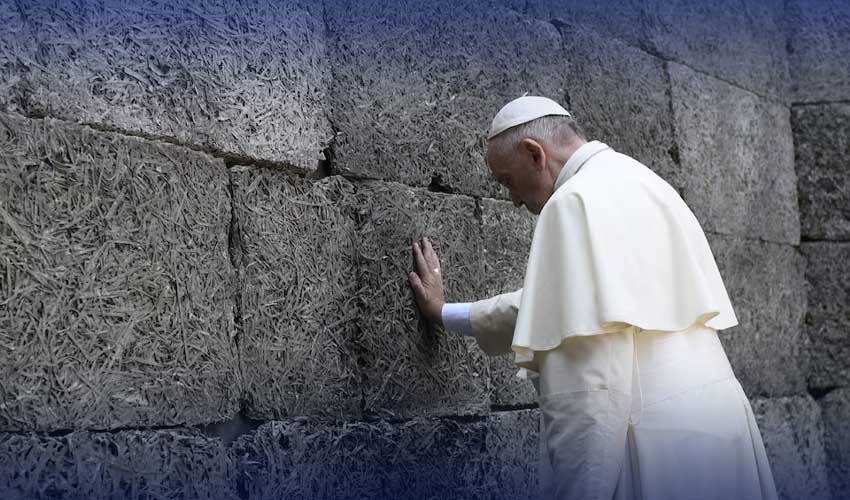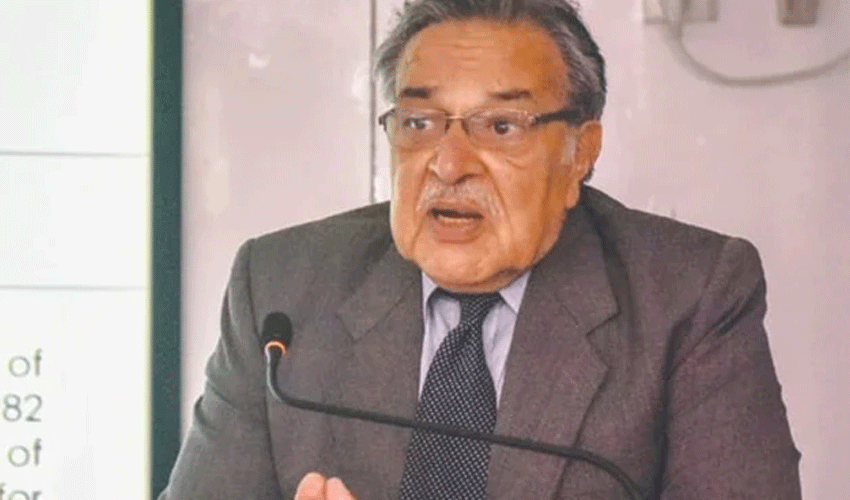The Indian Supreme Court's controversial decision on December 11 regarding Article 370 has drawn sharp criticism from Kashmiris who feel betrayed by what they perceive as an attack on their internal sovereignty and identity.
Many Kashmiris express disillusionment, emphasizing that the decision undermines the trust they had placed in the Government of India and the judicial system to address the longstanding Kashmir issue.
The Supreme Court's verdict, they argue, disregards international norms, particularly United Nations resolutions that call for a democratic and impartial referendum to determine the fate of Jammu and Kashmir.
The move to abrogate Article 370, which granted special autonomy to the region, is viewed by Kashmiris as a blatant violation of international laws and an attempt by the Modi government to strip them of their distinct identity.
Critics contend that the decision further exacerbates the already tense situation in the region, with the Indian Army accused of illegal occupation.
Kashmiris emphasize that the Supreme Court's ruling reflects a narrow-minded and tyrannical approach, highlighting concerns about the Modi government's treatment of minorities within India. While various minority groups across the country have faced oppression, the Kashmiri population perceives a targeted effort to erase their cultural and political identity.
Voices of dissent against the decision are not limited to Kashmir alone. Politicians and Kashmiris residing in other parts of India have also raised their concerns, with many denouncing what they see as a bigoted decision by the Supreme Court.
The unity among Kashmiris, regardless of political affiliations or ideological differences, is cited as a formidable force against what they describe as a heinous conspiracy to subjugate Jammu and Kashmir.
Despite the Supreme Court's judgment on Article 370, the Kashmiri sentiment remains resilient, and a widespread belief persists that the separate status and identity of Kashmir cannot be erased by legal maneuvers.



























